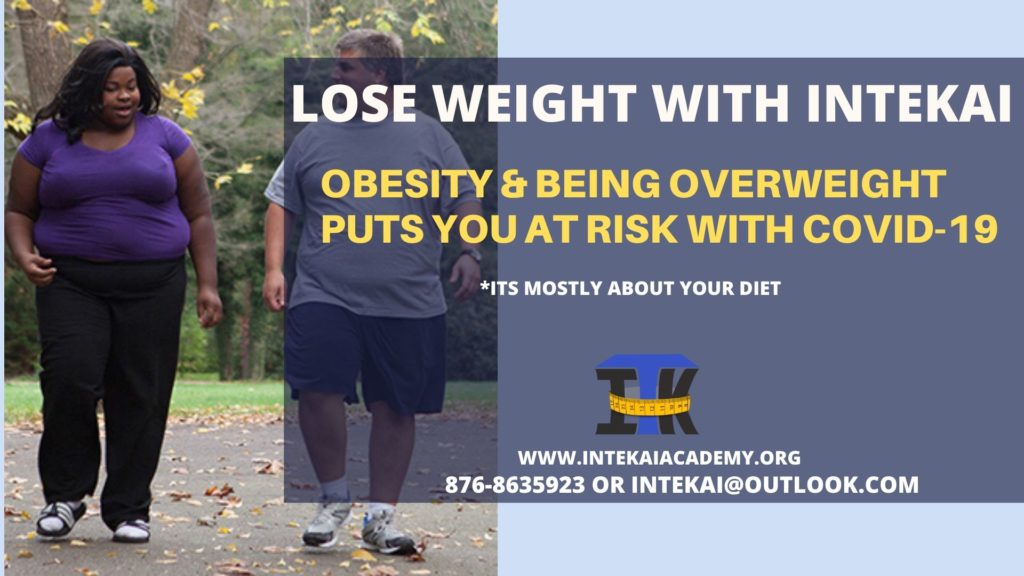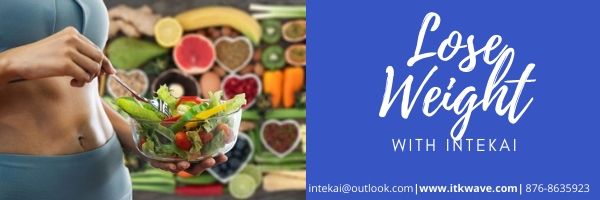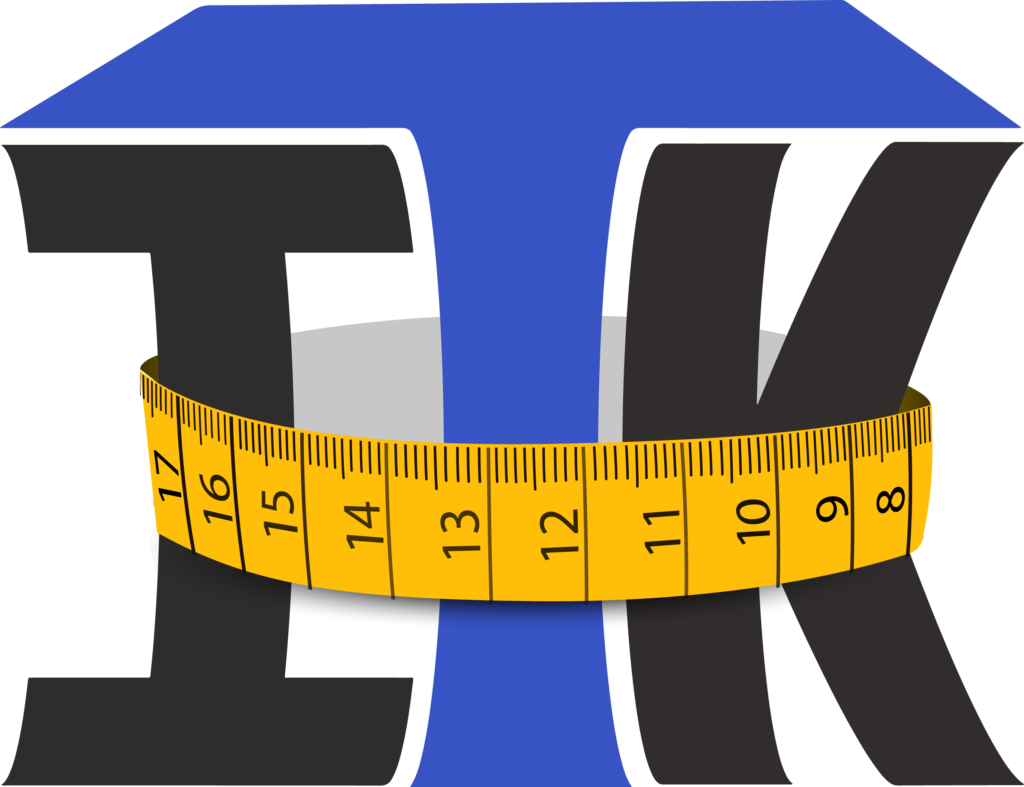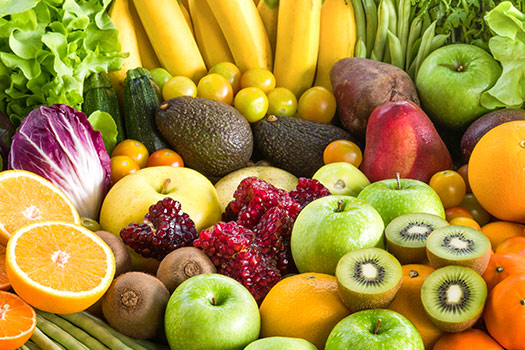SAY GOOD-BYE TO HIGH CHOLESTEROL
BY GEORGE RATTRAY
MANAGE HIGH CHOLESTEROL WITH FOODS
It is always wonderful to see nutrition and lifestyle changes working with medical directives and supervision to change people’s lives. Over the years we have had many members with diagnosed medical conditions move from near hopelessness to striking improvements. Their doctors have reduced their doses, and in several cases taken them off prescribed medications completely as their pressure, test numbers and blood work improved steadily over time with their InteKai Lifestyle Journey. If you have been diagnosed with high cholesterol levels, you can make changes which may keep you away from the worst outcomes this condition has to offer.
With medical supervision you can see lifechanging and lifesaving changes, the choice is yours.
All too often these end up being only words and do not result in actual change, leading to a lifetime of medication or tragedy. Let us avoid those outcomes for you and get a better understanding of what is happening with you.
BASIC LIFESTYLE CHANGES
There are well known and proven activities which are known to help in the treatment of high cholesterol, and your physician may have advised you of them. These include:
- Increased exercise
- Increased fiber
- More fruits and vegetables
- Increased omega 3 rich foods
- Decreased animal fats and
- Decreased saturated fats
WHAT IS HIGH CHOLESTEROL AND WHAT CAN IT DO TO YOU
Cholesterols as you may have already guessed are fats, we need cholesterols to survive; they are important and essential. There are so essential in fact that our own bodies produce them, and the balance of cholesterols can be lifechanging.
There are two types of cholesterol in question LDL and HDL. It is commonly known that an INCREASE in the LDL- bad, cholesterol is potentially unhealthy, but it is lesser known but equally important that a decrease in HDL – good cholesterol, levels can be equally detrimental.
LDL cholesterol is the one often referred to when we are talking about high cholesterol levels. In order to help you remember this you can think of it as the L(Lousy)DL, cholesterol. We need to keep track of ingesting these cholesterols, often found in saturated fats (the kinds which are usually solids at room temperatures). Saturated fats are most often found in animal fat sources such as:
• Mammal meats, especially the fatty cuts, and skin
• Mammal tails
• Poultry Fats, especially skin
• Lard, animal fats used for frying (potato fries and chips) and in often in baking flaky crusty pastry
• Dairy, you must already know this, cheeses, butters, everything but 0 fat milk and the yolks (yellow) of eggs. Cholesterol can also be found in some plant sources such as coconut milk/oil.
High levels of LDS cholesterol in your diet can result in blocked arteries, blood clots, heart disease, stroke, kidney damage, but, with the correct information, and right choices, this does not need to be your future.
FOODS TO AVOID AND FOODS TO HAVE CONSISTENTLY
While it is true that LDL management is notoriously tricky, and the effects on diet varies from one group of individuals to another, there are certain foods which are known to hurt and others which will help your health. The more you commit to avoiding or eliminating the damaging foods and the more consistently you have the helping foods the more likely you will get your LDL number under control.

FOODS TO AVOID OR ELIMINATE
- SUGAR! Yes, excessive sugar, refined sugars and even excessive healthy natural sugars. A study published in JAMA showed that increased sugar intake DECREASES our GOOD HDL cholesterol levels. The study also found that women with a sugary diet tend to have higher levels of LDL, the bad cholesterol. So, avoid man made and packaged products and baked products.
- Refined carbohydrates. Refined carbohydrates including flour and its products including white flour, pastas etc., are rapidly absorbed and break down to increase blood sugar levels.
- Refined/white rice
- All processed foods with saturated fats, trans-fats or more than 9 grams of sugar per serving (ALWAYS READ LABELS, CONTENT AND NUTRITIONAL INFORMATION ON PACKAGES)
- Salty foods
- Fatty cuts of meats (remember you already produce LDL, every bite of saturated fats from other animals will increase your LDL levels), including pork chops and spareribs.
- Poultry, fatty parts such as chicken leg, wings, and the skin
- Bacon
- Organ meats, liver etc.
- Mammal Tails
- Full Dairy products, cheese, butter, milk, cream, whipped cream, evaporated milk, half and half, condensed milk and ice-cream
- Deep fried fast foods
- Coconut oil and coconut milk
- Processed foods, pastries, especially pastries with a flakey crust
- Shellfish, Canned shrimp (high in heart healthy omega 3s, but they have the most cholesterol of any seafood)
- Sardines
- Egg yolk (yellow), I am a strong advocate for moderate use of eggs, but if you are diagnosed with high cholesterol levels avoid egg yolks, sticking with the white if necessary.
FOODS WHICH HELP LOWER YOUR BAD CHOLESTEROL LEVELS
• Dark green leafy vegetables
• Colorful Vegetables and fruit (but not more that one or two servings of fruit per day, remember, sugar can worsen your cholesterol condition)
• Berries
• Oats, a cup of oats, lightly sweetened if necessary, is known to help reduce LDL levels and reduce risks of heart disease. Berries and fruits, seeds and nuts can be added for variety.
• Whole grains, barley, quinoa, genuine whole grain products
• Meats which are clean cuts, at least 92% fat free
• Poultry which is skinless and lean such as turkey or chicken breast
• Fat free Greek yogurts
• Nut milks
• Seeds and nuts
• Vitamin D, omega 3 rich foods and calcium from green leafy vegetables, cold water fish, salmon, tuna, herring, mackerel, walnuts, flaxseed and enriched soy products
• Healthy oils, truly small servings of avocado, sunflower oil, avoid heating.
If you have not been diagnosed, remember, checkups with your physician is always useful, but, if you, (someone you love) have a family history of high cholesterol, are over 40, overweight, even moderately, a smoker, are hypertensive and live a relatively sedentary life you may be at risk. See your physician, the sooner the better.
If you have been diagnosed with high cholesterol, these dietary changes and simple life changes, such as regular exercise, no matter how moderate, can highly likely save your future.









Very informative
Thanks Karen.